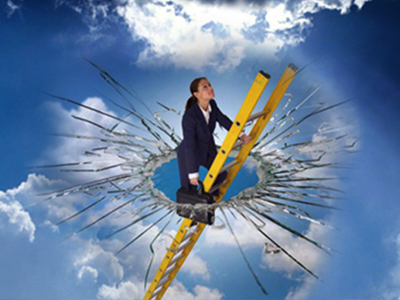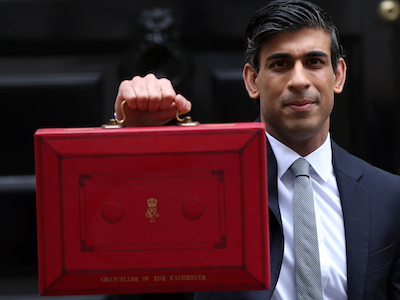It’s estimated today that equal engagement of women in the workforce will add $28 trillion US dollars to annual global GDP by 2025.
This is the equivalent of adding another United States and China to the global GDP, just by ensuring equal opportunity to women. That sounds like a pretty good trade off to me.
Across the world there are initiatives, such as the 30% Club in the UK, that aim to empower women and get more of us onto the boards of large companies. In Africa however, which is anticipated to house 25 per cent of the world’s population by 2050, progress is far from quick.
Africa’s booming population could be its golden ticket, improving gender inclusion in the work place is a tangible, important and immediate way of maximising the upside of this demographic dividend.
Yet in Africa only five per cent of CEOs are women. Southern Africa has the highest number of women on boards, with 20 per cent, exceeding the continent’s average of 14 per cent. East Africa also beats the mean with 16 per cent, whilst West Africa and North Africa trail the average by three per cent and five per cent, respectively. The one thing all these regions have in common is having a long way to go to achieve gender equality. Which means a lot of value is being left on the table that could be unlocked with relative ease.
In Nigeria – one of Africa’s largest economies and fastest growing nations – we’re working hard to change the status quo and drive equality across West Africa. Over the last decade we’ve seen a boom in female entrepreneurialism and support systems for those who want to start their own businesses. In a country where women’s roles are traditionally confined to household and informal work; women interested in business have banded together to share experiences, provide support to one another and showcase the role models that are shifting gender norms in business. An example of this is the Poize Insider Network. Founded by Comfort Avunze Sakoma to support female entrepreneurs and economic diversification in Nigeria, it has trained over 3,000 female business owners since inception in March 2016.
Nigerian companies in industries where women have chronically been unrepresented, from finance to the petroleum sector, are also realising that gender parity is a business opportunity they cannot afford to miss. The implementation of the 2010 Nigerian Local Content Act, which mandates the use of local companies, facilities and man power in the petroleum sector, has also driven some increases gender inclusion, by increasing opportunities for real private sector companies. The growth in the number of real private sector Nigerian companies and their economic contribution has resulted in greater meritocratic hiring and an increasing / ongoing search for talent. This is in turn is leading to a boom in training opportunities for men and women – which did not exist five years ago. This drive for talent and education naturally leads to more diversity and the emergence of more female managers.
Another area of the energy industry where women are playing an increasingly vital role is in the spread of decentralised and/or renewable power solutions. In Nigeria companies like Sosai (a Nigerian owned, operated company focused on development in the north of the country) and Solar Sister (a social enterprise that operates in Nigeria, Tanzania and Uganda) are targeting women specifically for the impact their inclusion in the local economy can have on community development. Out of South Africa, BioTherm Energy, a leading renewable energy developer, is expanding across the continent under the leadership of its female CEO, Jasandra Nyker. These companies know that arming more women with business skills and access to energy products, in this case, can spawn a new work force of savvy entrepreneurs whose successes radically enhance the prosperity of underserved rural communities.
Such success stories, driven by decentralized entrepreneurial, sustainable businesses that drive and thrive off gender inclusion need to be advertised and celebrated.
Women’s participation in the economic marketplace is vital to the next level of global growth by championing those individuals, companies, industries and countries that are excelling can help push gender equality up the agenda. Business owners need to know that gender inclusion and diversity equals profitability and long-term sustainability for them and the societies they work in.
About the author
Dr Amy Jadesimi is the Managing Director of LADOL, West Africa’s Free Zone and logistics hub for multinational industrial and offshore companies. Follow @ladol_freezone.









